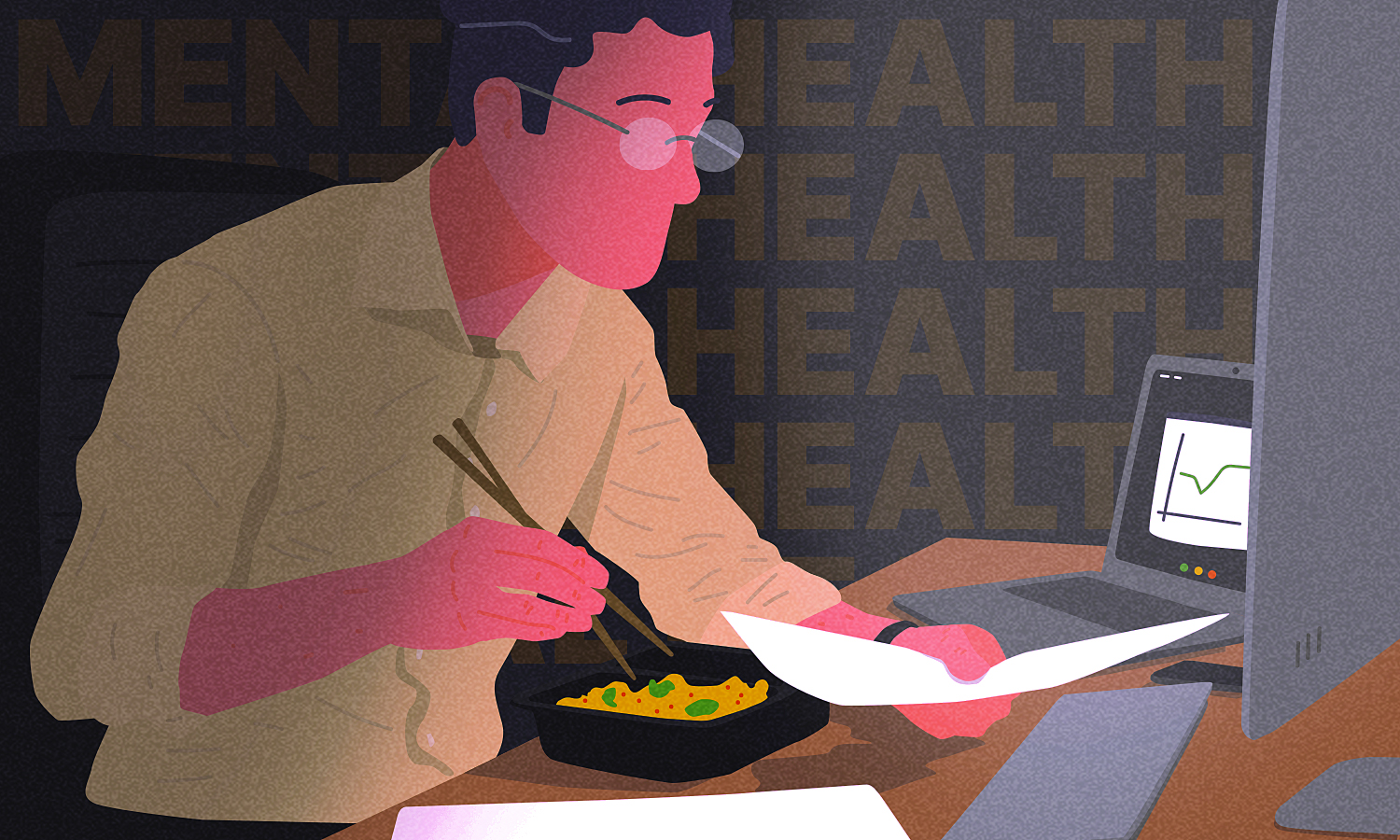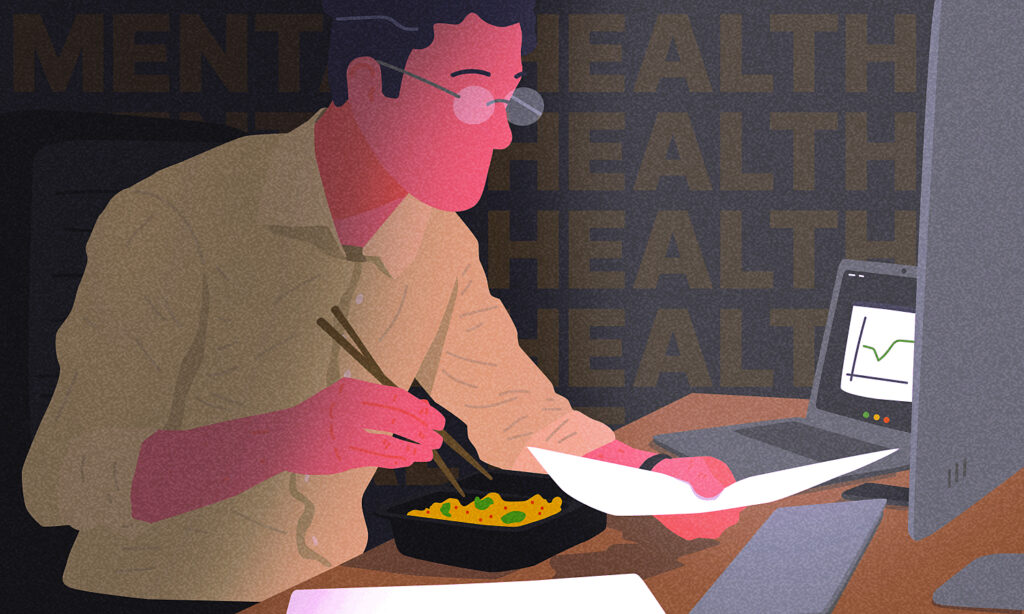
Does multitasking help? In our daily work, we handle numerous demands simultaneously, rarely focusing on a single task at a time. Multitasking is an often discussed, seldom solved plague of the modern information worker. The latest research indicates that the costs of constant task switching far outweigh the benefits.
Problems with Multitasking
A recent Stanford University study found people who multitask are putting their mental health at risk. The study shows that multitaskers struggle to ignore distractions and focus on essential details. They have a more difficult time remembering meetings and interactions than their single-task counterparts. According to this study, heavy multitaskers do not “pay attention, control their memory, or switch from one job to another as well as those who prefer to complete one task at a time.” These struggles lead to increased anxiety and stress levels.
It’s clear: multitasking can harm our work performance. But there’s a more profound risk associated with deteriorating mental health in the workplace. A decline in job satisfaction is most strongly associated with mental health problems, leading to struggles with retention and turnover. Gallup Workplace research indicates “the cost of replacing an individual employee can range from one-half to two times the employee’s annual salary — and that’s a conservative estimate.” The downsides of multitasking affect a business’s bottom line in unexpected ways.
When focusing on too many projects, things can slip through the cracks, especially when it comes to complex projects requiring a high level of detail. Our work is impeded by irrelevant and excess information; when you multitask, your productivity decreases, your stress levels increase, and you feel burned out. Not only does productivity suffer, but the mental health of the multitasker takes a nosedive.
Multitasking might seem like the perfect solution to effectively growing a business, but in reality, it could be detrimental to both the entrepreneur and their company. Being able to focus is the most critical skill for building mental efficiency and strength.
Does multitasking help? Not really…
Effective Alternative Strategies
Here are three ways to be more productive without resorting to multitasking:
- Delegate tasks appropriately. Don’t try to take on every single task in one day. If you have someone in the right seat to take on the more tedious tasks, you’ll be able to work in your Unique Ability and focus on a single task at a time.
- Time block your day. Create an hour-by-hour calendar so that you can separate individual tasks. You are less stressed and more productive when you understand your daily schedule.
- Don’t be afraid to give yourself breaks between tasks. When we immediately jump from task to task, we are easily distracted due to work overload. Taking at least a 5-10 minutes break is essential.
There’s no need to wear yourself out by multitasking. Build a team around you that catalyzes your success without compromising your well-being. The role of an Executive Assistant is to create mental space for dedicated, thoughtful work — the type of work required to grow your business.
Set up a discovery call with the Superpowers team. Start your journey toward growth AND health.






